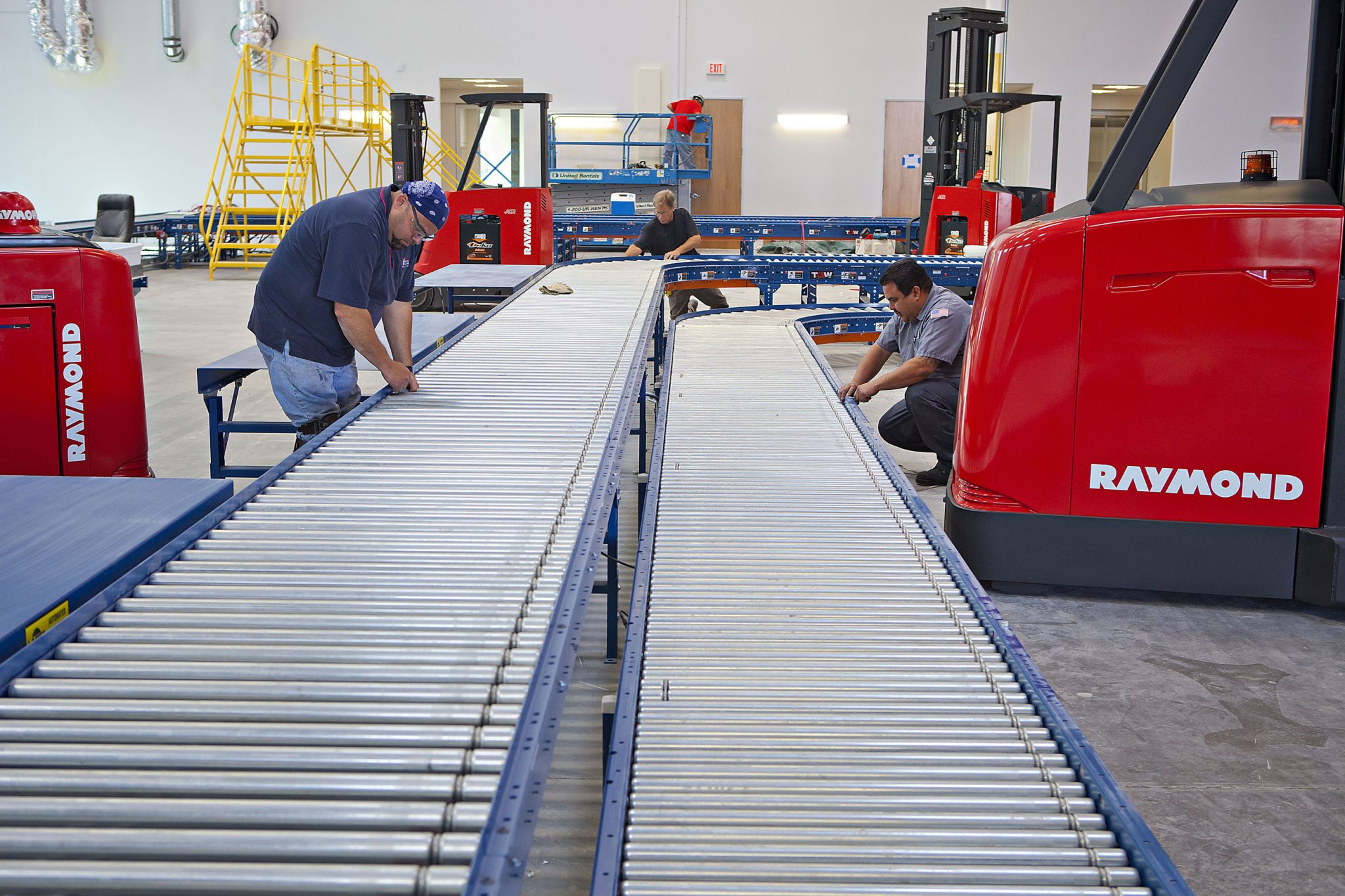When reviewing a proposal for capital equipment, many companies flip right to the price page to see what the supplier would be charging. Although completely understandable, these days companies aren’t necessarily using the “low bid wins” philosophy. They understand there is a lot more that goes into the decision-making process than cost.
Now, when companies need to purchase a piece of capital equipment they want the “best value” for their company. But what does “best value” mean, and more importantly, how do you evaluate and determine who is a “best value supplier?”
Service
The ability to service the equipment is paramount in the decision-making process. The supplier must be able 

- Number of factory-trained and certified technicians on staff
- Location of the technicians
- Average response time during regular business hours
- Average response time during off-peak hours
- First-time completion ratio for repairs
Even the best equipment on the market will eventually need maintenance. Companies want to ensure the equipment they buy comes with the best possible service team available.
Parts availability
Let’s not forget about parts. Even if the seller offers stellar service capabilities, you can’t do much without them. What is the parts availability for repairs and maintenance? Do service technicians have the most common service parts stocked in their vans? Does the supplier keep an inventory of parts on-hand? Are the parts they don’t have available the next day?
It doesn’t mean much if a technician shows up promptly, diagnoses the problem and then needs to order the parts and come back. That’s why first-time completion ratio is such an important metric.
Quality
You want to make sure the capital equipment you’re purchasing is a quality product. How long has it been on the market and does it have a proven track record of reliability, productivity, and uptime?
Longevity
You want to make sure the equipment manufacturer you’re purchasing from is reputable and will be in business for many years. You want to be confident that the manufacturer is a reliable, growing, and successful organization to ensure the availability of support and parts in the future.
Support
During the exploratory phase of the buying process, did the seller offer unbiased solutions and help validate

Financing options
Often with the purchase of capital equipment, one of the ways to cushion the financial impact is with financing. Does the supplier have the financial strength and resources to offer financing options? Whether it’s a 3 to 5-year operating lease or a capital lease option, partnering with a supplier that offers these options provides you with additional avenues to acquire equipment- possibly on a cash flow positive basis.
Companies are no longer looking at the price page as the final decision maker to determine who to buy from and what equipment to purchase. They are looking at many different qualifiers and capabilities to ultimately determine who offers the best value for your organization. Contact Abel Womack today to learn about our process and see why we look for partnerships, not one-off sales.



Leave a Reply
You must be logged in to post a comment.